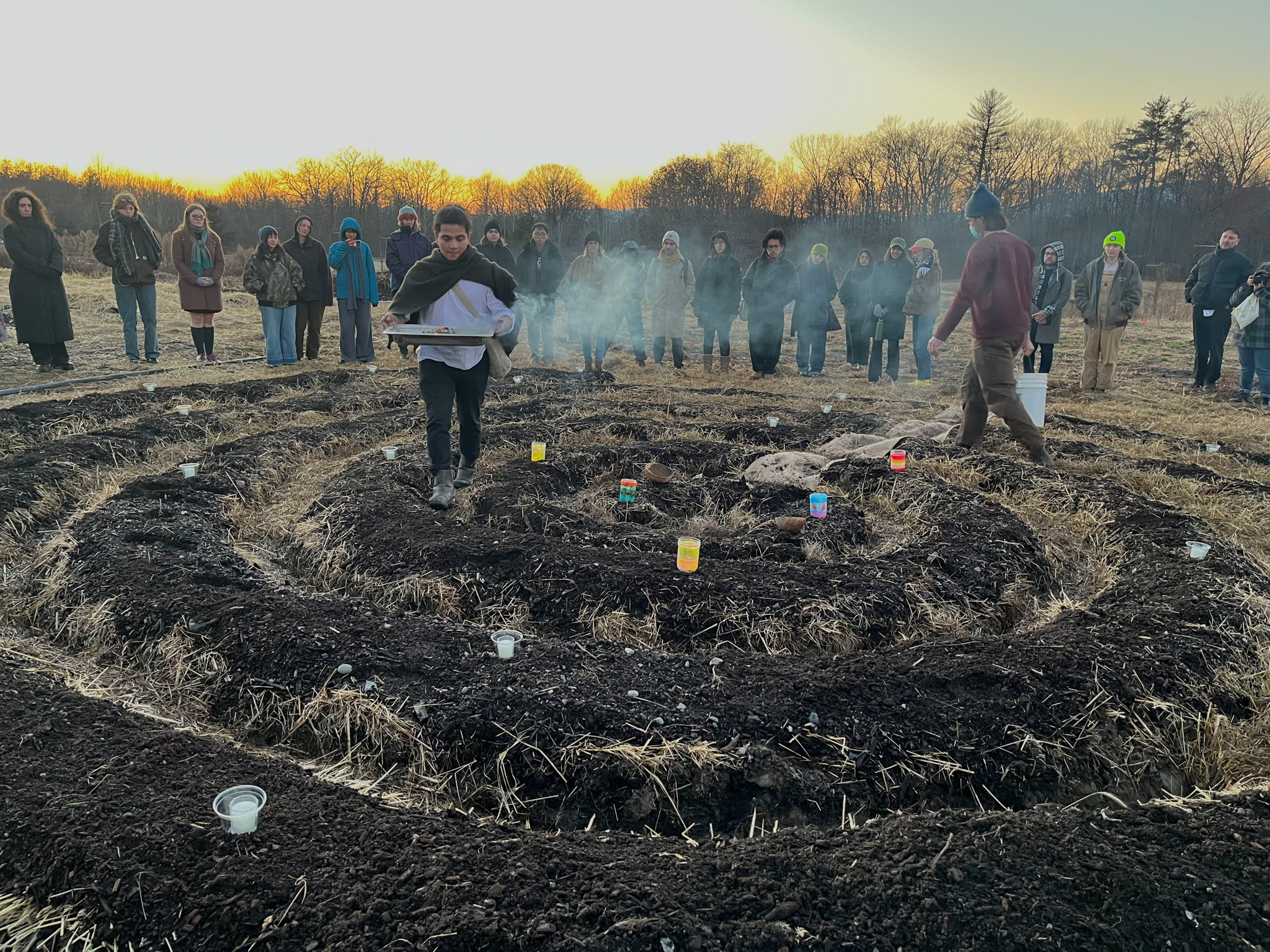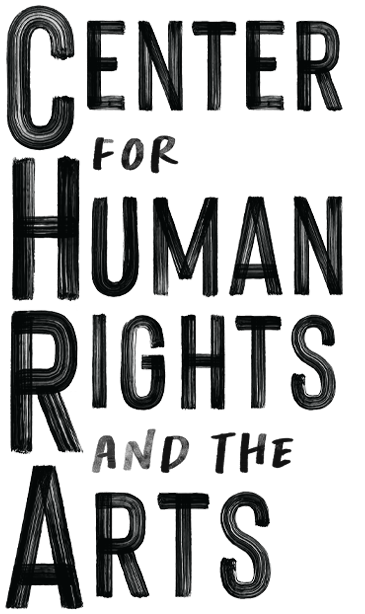The MA in Human Rights & the Arts program welcomes applicants who have some academic or professional background in human rights, the arts, or related academic fields.

Successful applicants to the MA in Human Rights & the Arts program must have a baccalaureate or equivalent degree, demonstrated research capabilities, an excellent record of academic or professional pursuits in human rights, the arts, or related fields, and a commitment to understanding, exploring, and furthering the growing encounter between human rights and the arts. The admissions committee reserves the right to make exceptions to these requirements on a case-by-case basis. Please note that the MA in Human Rights & the Arts program admits students for the fall term only.
Bard College is committed to ensuring equal access to its educational programs and equal employment without regard to an individual’s sex, gender, race, color, national origin, religion, age, disability, gender identity, sexual orientation, predisposing genetic characteristics, marital status, veteran status, military status, domestic violence victim status, ex-offender status, or any other characteristic protected by US federal, state, or local law.
In upholding Bard College’s mission of inclusion and diversity, we welcome all students, regardless of citizenship status or national origin to apply to the program. This includes students who are undocumented, and students who hold DACA (Deferred Action for Childhood Arrivals) status. The application process for DACA or undocumented students does not differ from the application process for any student living in the United States. To be considered, applicants must submit the following through the application portal linked at the bottom of this page:
- Statement of Purpose (800–1200 words) describing your motivation for applying to this program, previous academic and/or professional preparation, and goals that you would like to achieve while enrolled in the program. Please also briefly address how view the program helping shape your long-term educational and/or professional trajectory.
- Resume / Curriculum Vitae outlining your education, current and previous employment (if any), publications (if any), artistic and/or curatorial productions (if any), and any other experiences or skills relevant to graduate study in the intersection between human rights and the arts.
- Sample of work that exemplifies your research, writing, or artistic practice. If you opt for a writing sample, please note that it need not be in the field of human rights and the arts, but it should demonstrate the skills of research, analysis, and written expression that you will bring to graduate-level work. Writing samples can range between 3500 and 6000 words, but no longer even if you need to excerpt it. If you opt for a sample of artistic/curatorial work, please share text, video, audio, or image files (including PDF documents) or links; whatever best represents your recent artistic or curatorial work. Artistic/curatorial samples can range between 1200 and 5000 word (in case of text), 5–20 pages (in case of images), 5–10 URL links (in case of digital documentation), or otherwise not exceeding 30 minutes (in case of audio-video files). Remember, you are only required to submit one type of sample, either a writing sample or an artistic/curatorial sample. Please include a brief description (50–200 words) of whichever type of sample you decide to submit in the appropriate entry field.
- Two (2) letters of recommendation from academic and/or professional sourcesreferences. At least one of the recommenders must be a person who has worked with you in a capacity to speak to your academic/intellectual/research attributes. Recommenders will be asked to submit their confidential letters of recommendation directly to the application portal. Please keep in mind, you should contact your recommenders and get permission for this request prior to entering their contact information into the application portal, which will then generate an invitation to them. Our application system allows you to request recommendation letters online before finalizing and submitting your own part of the application.
- Transcripts of all postsecondary academic work. You may upload unofficial transcripts or scans of your official transcripts to complete your application submission. Official transcripts, required prior to enrollment, must be mailed or emailed directly from the issuing institutions.
- Proof of English proficiency. Depending on your circumstances, you may be required to submit scores for one of the following English proficiency tests: Test of English as a Foreign Language, or the The International English Language Testing System test, or the Duolingo English Test. If you are required, you may upload unofficial scores or scans of your official score to complete your application submission. Official scores, required prior to enrollment, must be mailed or emailed directly from the testing institution.
Please note that the MA in Human Rights & the Arts program currently neither charges an application fee nor requests submission of GRE/GMAT exam scores. The admissions committee reserves the right to make exceptions to the above-listed requirements on a case-by-case basis.
Applications and Deadlines
The MA Program in Human Rights and the Arts is not admitting students this current academic year. We will have an admission cycle starting in October 2025 (with a January 2026 deadline) for our next cohort to start in Fall 2026.
Please note that it is the applicant’s responsibility to be sure all required materials have been received by the application deadline. After applying, applicants continue to have access to an application status portal, where they can verify when materials, including recommendation letters, have been received.
The MA Program will announce its next admission cycle via its website, social media, and newsletter. It will also hold virtual information sessions in Fall 2025 open to the public for prospective applicants after the next applications window is live.
For questions, please contact the MA Program on Human Rights & the Arts at [email protected].

